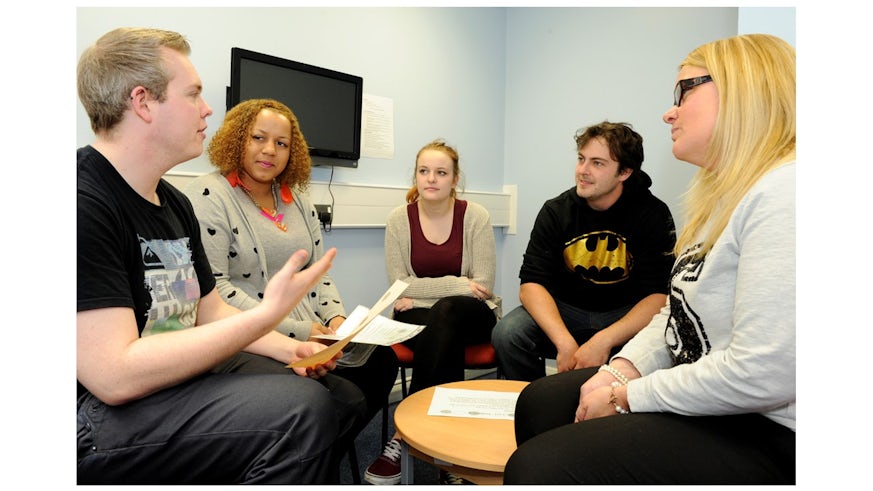Relationships key to mental health recovery, says study
11 February 2016

Mental health service users saw the relationships with their care coordinators as being central to their recovery and felt that care plans were largely irrelevant, according to mental health researchers at City University London.
The Care Planning and Care Coordination in Community Mental Health: What Makes it Collaborative, Recovery-Focused and Personalised COCAPP study, published in Health Services & Delivery Research, also found that care coordinators saw care plans as a useful record but also as an inflexible administrative burden that restricted time with service users.
The researchers hope that the research will help improve cumbersome and time consuming care planning processes while enabling mental health workers more time to create meaningful therapeutic relationships, which are currently valued but limited by the focus on bureaucracy.
The study also found that risk remains a significant concern for mental health workers but appeared to be rarely discussed with service users or their carers.
Care planning and coordination is at the heart of effective mental health service delivery and is increasingly required to be personalised and focused on recovery, yet there has been little research conducted that explores these key aspects.
To find out more about how community mental health care was planned and co-ordinated, the City University London team – in collaboration with Cardiff University and Swansea University - conducted a cross-national comparative study involving six NHS sites in England and Wales that included a survey of 449 service users and 205 care coordinators. They also conducted interviews with 117 managers, practitioners, service users and carers. As part of the process, service users were employed as researchers and advisors.
Speaking about the research, Dr Ben Hannigan, Cardiff University School of Healthcare Sciences, said
“This is an important study, completed by a team led by Professor Alan Simpson at City University London and including Dr Aled Jones and myself here in Cardiff University, School of Healthcare Sciences and Dr Michael Coffey in Swansea University. The study is the first to examine, in depth using different methods, how community mental health care is planned and co-ordinated across Wales and England. A key finding is the value that people using mental health services place on the quality of their relationships with staff. This contrasts with the value placed on written care plans. For managers and professionals these are vital documents, but service users rarely return to them once they are complete. A second significant finding relates to risk. Our study showed that workers are acutely aware of the need to assess and manage risk, but also that they do not routinely discuss this part of their work with service users or their families. This is a missed opportunity to learn, and to share responsibility.
We recognise that the challenge now is to find new approaches that maximise the therapeutic time that service users and staff have together, to find ways of reducing the administrative burden of planning and co-ordinating care, and to identify more collaborative styles of addressing risk”.